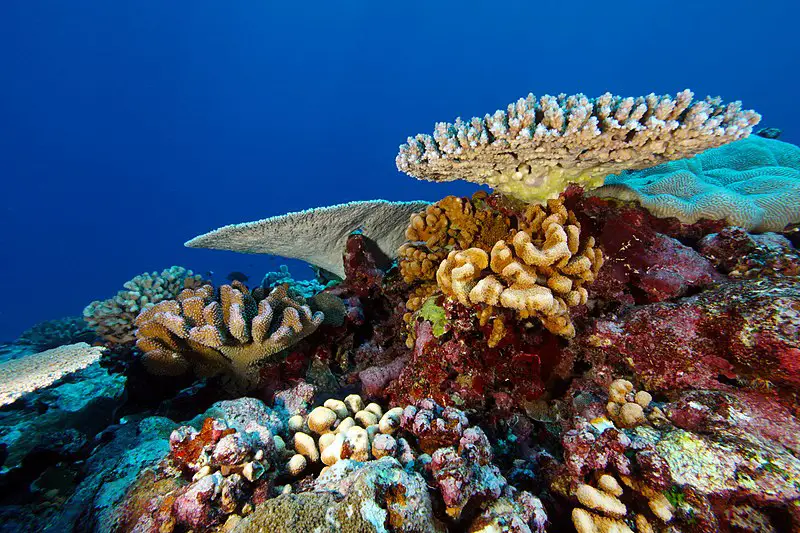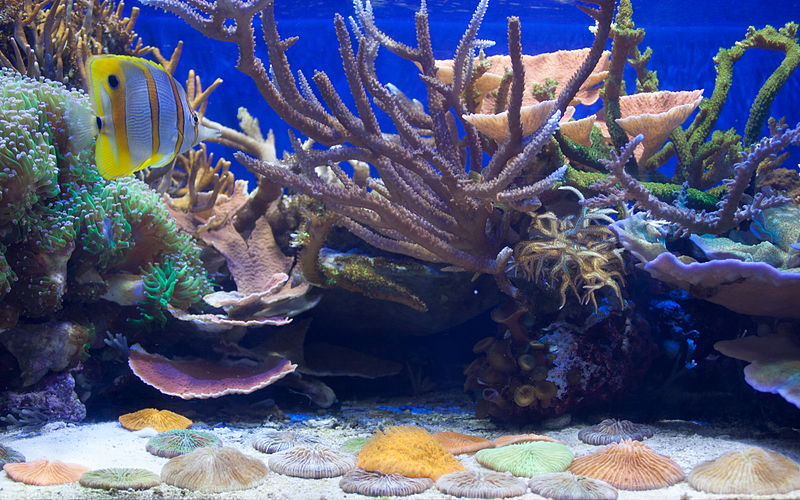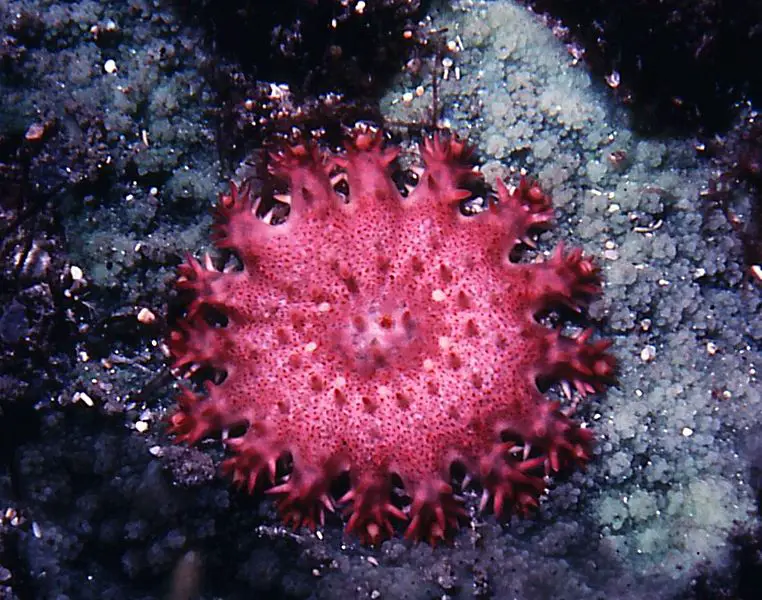If you are going to set up a reef tank with corals in it, knowing how to do so is critical. You must get to grips with what the corals need and what will help them to thrive, or there’s a risk that they will die.
Corals do need some nitrates, and it is possible to make your aquarium “too clean” for them to survive if you are scrupulous about cleaning. Corals need a certain level of nitrates if they are to feed and keep growing. If the nitrates are kept too low for a prolonged period, the corals will start to starve.
In this article, we are going to explore what corals need to survive and how to make sure your reef tank flourishes. We will also look at how to lower the levels of nitrates if you end up with too many in your tank.
Do Corals Need Nitrates And Phosphates?
Corals do need both nitrates and phosphates. These are essential nutrients in any reef tank, and you must make sure that the levels don’t end up too low. Nitrates are known as No3 and phosphates as Po4, and they are critical for corals to feed and survive. Without these nutrients, the corals are likely to die.
It is thought that most corals can survive for months with low levels of nitrates and phosphates, but if these levels remain low consistently, the corals will inevitably start to die. You might see your corals becoming pale and starting to shrink, and this will continue until the deficiency is corrected or the coral dies.
It is also important to note that being deficient in these nutrients will prevent beneficial bacteria from growing, limiting the appearance of useful microbes and coralline algae. A healthy aquarium needs these things, so you need to make sure that your levels of nitrates and phosphates are not at 0.
How Do I Add Nitrates To My Reef Tank?
The simplest way to increase the level of nitrates and phosphates in your aquarium is to add more food when you are feeding your fish. Uneaten food particles will enrich the water. You can also reduce the filtration of your tank, because filtration removes these two things from the water.
However, it is important to be careful with this approach, because if you elevate the levels too sharply, you will upset the balance in your tank and could kill your fish and your corals.
Some people prefer to add a specific nitrate mix designed to elevate these levels. This can give you a greater degree of control, and will prevent you from adding other unwanted organics to the water.
Another option includes adding more fish to your tank, but this may not be ideal for everyone, as it’s easy to end up with overcrowding. It’s also harder to control the levels and keep the tank balanced. If you are a new hobbyist, the other choices may be preferable.
Do ZOAS Like Nitrates?
ZOAS do like nitrates in the water, yes. Like other kinds of corals, they need these nutrients to be present if they are going to feed and grow. Tests with ZOAS in water that is free from nitrates (or that has extremely low readings of nitrates) have indicated that these corals will not grow in this environment.
If the corals can’t feed, they will eventually start to die. This may take a long time, but it will happen. ZOAS are considered unfussy corals and they are certainly easier to keep than things like SPS and LOPS corals. Even so, you need to make sure the conditions are as good as they can be.
That doesn’t mean you want really high nitrate levels, however. If you let these levels climb, the corals will also suffer and die. Keeping a balance can be challenging but it is critical if you want your tank to stay healthy.
Most people with reef tanks need to do regular water checks to see if the levels are all in balance. Being vigilant about this will mean you can take quick action if a level is falling or rising. You should generally have your nitrates between 1 and 10 ppm, and your phosphates at 1/10th of your current nitrate level.
How To Lower Nitrates In A Reef Tank
There are many effective ways to reduce the level of nitrates in your reef tank if this is a problem. One of the first ways involves changing the water. Mix some marine salt with some fresh water, siphon a small percentage of the old water out of your tank, and add the new water. Doing this frequently will bring down the nitrate levels.
You can also reduce the amount of food or the number of fish you have in your aquarium. Overfeeding or overcrowding will both cause the nitrate levels to spike, and it can be extremely difficult to control this. Reducing the aquarium’s stock or cutting back on excess food is generally a very effective way to reduce nitrates.
You might want to try improving the mechanical filtration of your tank, too. Cleaning out your filter regularly, vacuuming debris out of the gravel, and generally keeping the tank clean can reduce the amount of physical waste in the tank, and this will cut back on the nitrates. A clean tank has fewer nitrates than a dirty one.
Another option is to fit an algae refugium in the tank. Since nitrates are food for algae, adding some useful algae to the tank will create a natural predator for the nitrates, and this will bring down the levels quickly and effectively. You can take parts of the algae out as it grows, and this will physically remove nitrates from your aquarium.
Conclusion
Corals do need a small level of nitrates in the tank, but it is important to keep this balanced. Levels that are either very high or very low will quickly lead to your corals dying. You should regularly test your water parameters to make sure the levels are all balanced and stable.



